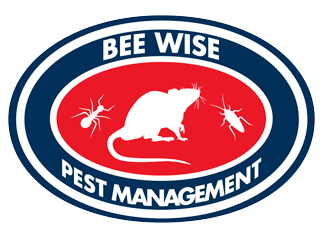Factors That Attract Pests to Your Home
Home pests are not only a nuisance, but they can also compromise the structure of your home and affect your health. To prevent these intruders from taking over your space, it's critical to understand what structural and environmental factors can attract them. In this article, we'll explore some of these factors and offer helpful tips for correcting these problems. Inadequate Access Description: Pests, such as mice, flying insects, and termites, can enter your home through small cracks, gaps, and openings in walls, windows, and doors. Tips: Check and seal any cracks or gaps on the exterior of your home. Install weatherstripping on doors and windows to prevent insects from finding their way inside. Use screens on windows and doors to keep flying insects out. Water Leaks and Moisture Description: Water leaks and moisture buildup create an attractive environment for pests such as termites, mosquitoes, and cockroaches. Tips: Regularly inspect pipes, faucets, and drains for leaks and repair them immediately. Ensure the drainage system is working properly and that there is no standing water around the home. Keep the relative humidity inside your home below 50% by using dehumidifiers and adequate ventilation. Unsealed Garbage and Food Description: Unprotected food and accumulated garbage are a magnet for rodents, ants, and other insects. Tips: Keep food in sealed containers and stored in pantries. Take out the trash regularly and make sure trash cans have tight-fitting lids. Clean up crumbs and spills immediately to avoid attracting pests. Dense Vegetation and Untidy Gardens Description: Dense vegetation, such as bushes near entrances and messy gardens, can provide shelter for pests and facilitate their access to your home. Tips: Keep your garden well-maintained and trim shrubs and trees that touch your house. Keep your lawn short and free of debris, as it can become a hiding place for rodents. Avoid the accumulation of leaves and other organic waste around your home. Poor Home Conditions Description: Unclean and cluttered environments can be an attractive haven for various pests. Tips: Get rid of unnecessary items and maintain a tidy environment. Perform regular deep cleanings and don't forget hard-to-reach areas, such as behind appliances. Introduce a cleaning routine that includes vacuuming and dusting to remove potential pest habitats. Understanding the factors that attract pests to your home is the first step in keeping your space free of unwanted intruders. By following the tips mentioned above and taking preventative measures, you can create a less inviting environment for pests. Remember, if you are facing an infestation, don't hesitate to contact the professionals at Bee Wise Pest Management in Baltimore. We are here to offer the ultimate solution and an eco-friendly and effective pest control program tailored to your needs. For more information, visit our website at Bee Wise Pest Management. Keep your home safe and comfortable; say goodbye to pests!
Read More